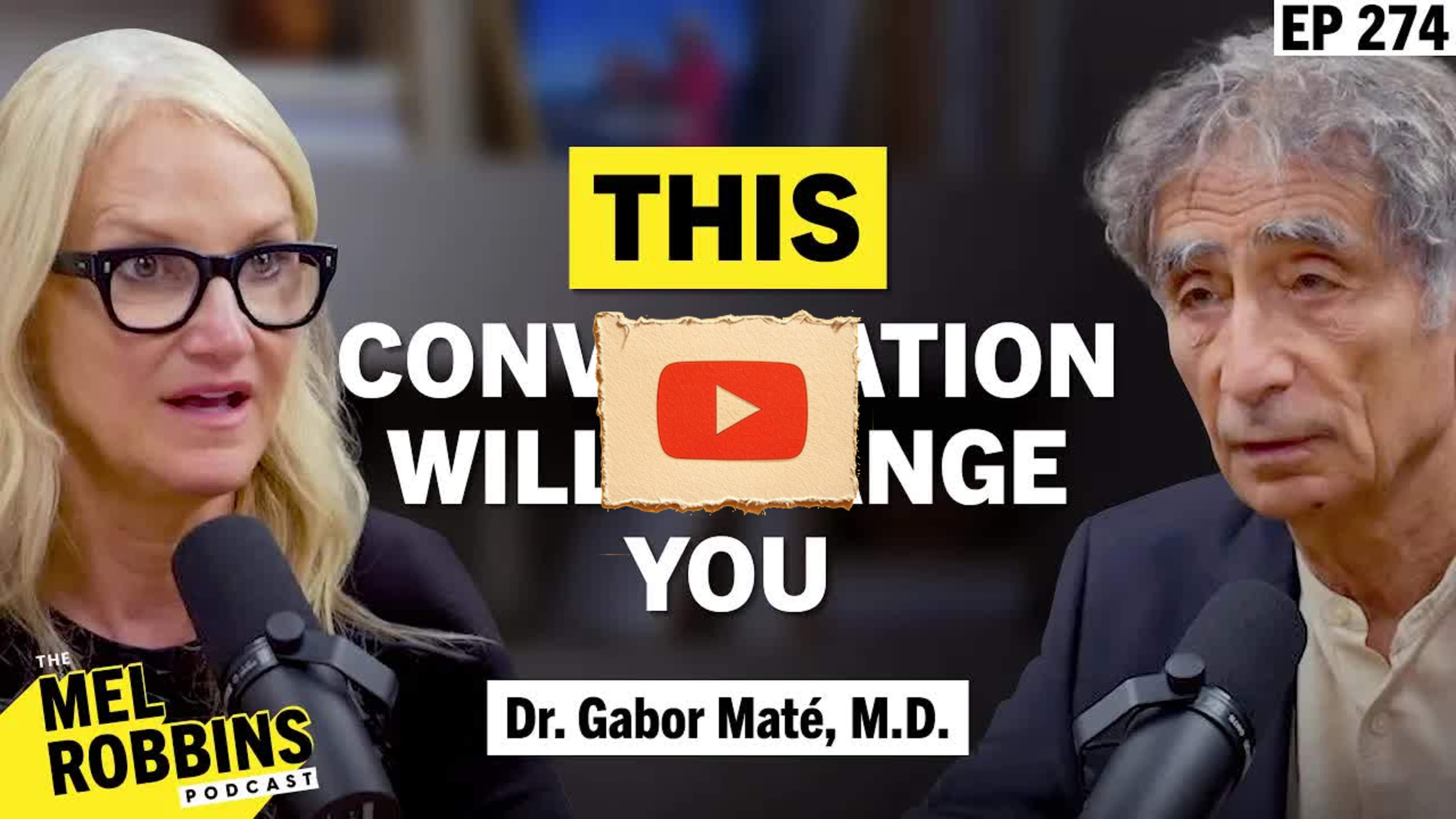Key Points
- Trauma is not what happened to you, but what happened inside you as a result of what happened to you - it's a psychological wound
- Children have fundamental needs for unconditional acceptance, safety, and emotional understanding that are essential for healthy development
- No siblings grow up in the same house - birth order, gender, parents' circumstances, and individual temperaments create different experiences
- Trauma begins even before birth - maternal stress hormones during pregnancy affect the developing child's nervous system and brain development
- Big T traumas include physical/sexual/emotional abuse, neglect, parent addiction, death, jail, poverty, and racism, but smaller experiences can also wound children
- Children develop shame-based views of themselves when their emotions or sensitivity are criticized or rejected by adults
- Hypervigilance, people-pleasing, perfectionism, and anxiety are common adaptations children develop to maintain relationships with stressed parents
- Trauma creates physiological changes including chronic inflammation, stress hormone dysregulation, and increased risk for autoimmune disease, cancer, and mental health issues
- Nobody is "damaged goods" - all behaviors and responses are adaptations that helped children survive their circumstances
- Healing begins with compassionate curiosity toward yourself, asking "I wonder why" instead of "Why am I like this?"
- The first step in healing is recognizing your suffering rather than denying it or running from it through addictive behaviors
- Children are naturally wired to ask for help, but trauma teaches them to suppress this capacity and become overly self-reliant
- Play, creativity, and joyfulness are essential human needs that trauma often suppresses, leading to regret later in life
- Success, attractiveness, and workaholism can sometimes be trauma responses - attempts to prove worthiness or attract the attention that should have been a birthright
- Trauma is transmitted generationally but this is not about blame - pain flows through parents to children without conscious intent
- Physical affection and emotional attunement from caregivers are crucial for healthy brain development and stress regulation in children
- The healing process involves taking responsibility for change while understanding that the original wounds were not your fault
- Freedom comes from no longer living under the tyranny of the past and being able to respond to the present moment rather than react from old wounds
Full Transcript
 Great Pods
Great Pods
 Great Pods
Great Pods